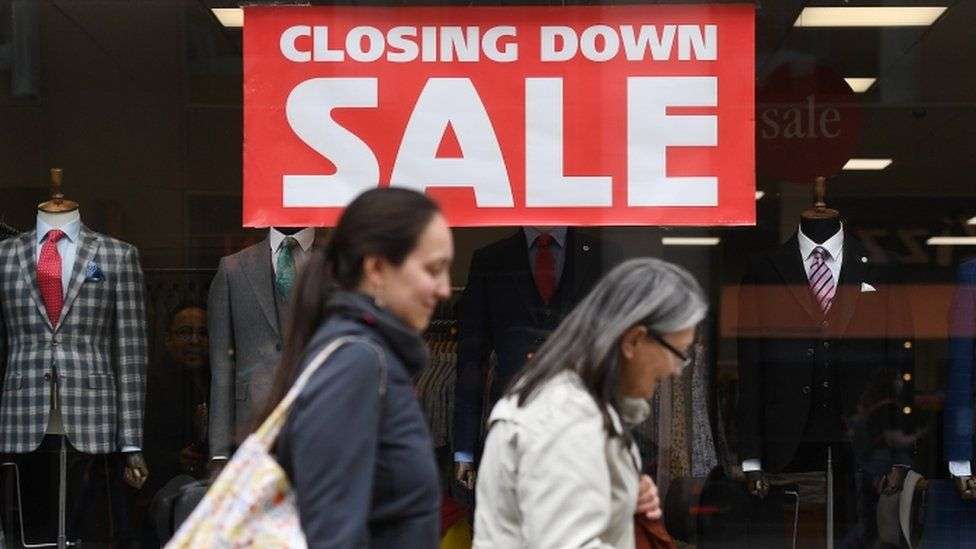The Head of the World Bank has warned that Russia’s invasion of Ukraine could cause a global recession as the price of food, energy and fertiliser jump.
David Malpass, while speaking at a business event held in the US, disclosed that it is difficult to “see how we avoid a recession”. In addition, he said a series of coronavirus lockdowns in China are adding to the concerns of a slowdown. His comment is the latest warning over the rising risk, signalling that the world economy may be set to contract.
“As we look at the global GDP… it’s hard right now to see how we avoid a recession”, Mr. Malpass said, without giving a specific forecast, but added that “The idea of energy prices doubling is enough to trigger a recession by itself”.
Re-Strategizing in the Midst of Crisis
Reports last month (April 2022) suggested that the World Bank cut its global economic growth forecast for 2022, to a growth rate of 3.2 percent down from its previous estimated 4.1 percent. Per the World Bank’s books, Gross Domestic Product (GDP), is a measure of economic growth and it is one of the most important ways of measuring how well, or badly, an economy is performing. As such, it is closely monitored by economists and central banks. Additionally, it helps businesses to judge when to expand and recruit more workers or invest less and cut their workforces. Governments also use it to guide decisions on everything, from tax and spending. It is a key gauge, along with inflation, for central banks when considering whether or not to raise or lower interest rates.

Key Issues Raised
Mr. Malpass also revealed that many European countries are still too dependent on Russia for oil and gas, although Western nations are pushing ahead with plans to reduce their dependence on Russian energy.
In another event organised by the US Chamber of Commerce, he disclosed that moves by Russia to cut gas supplies could cause a “substantial slowdown” in the region, adding that higher energy prices are already weighing on Germany, which is the biggest economy in Europe and the fourth largest in the world. Mr. Malpass also pointed out that developing countries are being affected by shortages of fertiliser, food and energy. According to Mr. Malpass, lockdowns in some parts of China’s major cities, including the financial, manufacturing and shipping hub of Shanghai, are “still having ramifications or slowdown impacts on the world”.
“China was already going through some contraction of real estate, so the forecast of China’s growth before Russia’s invasion had already softened substantially for 2022. Then the waves of Covid caused lockdowns which further reduced growth expectations for China.”
David Malpass, Head of World Bank
‘Progress is not Satisfactory‘
On Wednesday, May 25, 2022, China’s Premier, Li Keqiang, said the world’s second-largest economy is being hit harder by the latest round of lockdowns than it was when the pandemic started in 2020.
He also called for more action by officials to restart factories after lockdowns. “Progress is not satisfactory,” Mr. Li said, adding that “Some provinces are reporting that only 30% of businesses have reopened… the ratio must be raised to 80% within a short period of time”.
Full or partial lockdowns were imposed in dozens of Chinese cities in March and April 2022, including a long shutdown of Shanghai. The measures have led to a sharp slowdown in economic activities across the country. In recent weeks, official figures showed that large parts of the economy were impacted, from manufacturers to retailers.
READ ALSO: DFIs To Grant Foreign Currency Loans To Only Foreign Currency Earners – BoG




















